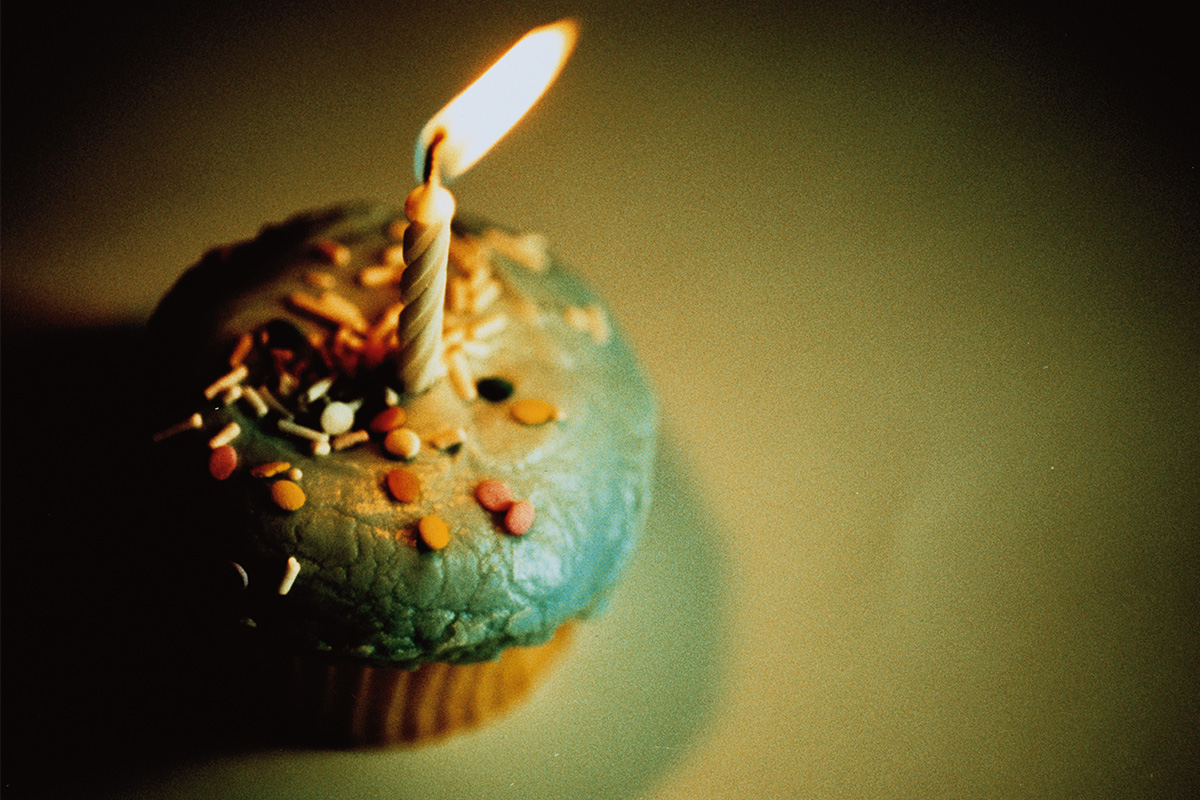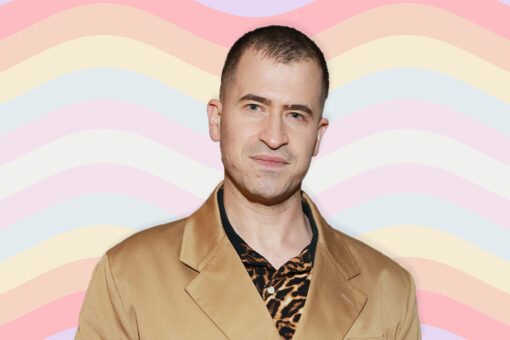I’ve never liked celebrating my birthday — I’m not sure why. It might have begun when I turned 5, my “golden birthday” when my age matched the day of the month on which I was born. I had a gymnastics-themed party and sprained my ankle within the first 20 minutes.
Or it could be because each year, I ate pizza, ice cream or buttercream cupcakes and, without fail, ended up spending all night throwing up in the bathroom. My parents thought I was just socially anxious; I didn’t find out until much later that I was severely lactose intolerant.
Maybe it’s because I don’t like unwanted attention, the pressure to make my day special, the obligation to speak to every single relative I have on the phone or the reminder that I’m aging. Whatever the reason, I usually spend the lead-up to my birthday steadfastly pretending it does not exist.
When I looked at the calendar and saw that my 28th birthday will fall on Yom Kippur, the least celebratory day on the Jewish calendar, I laughed. It felt like the universe was telling me, whatever my reasons were, that my aversion to my birthday was justified.
It hasn’t helped that the past few years haven’t given me many reasons to celebrate. In 2018, due to a botched sinus surgery, I was diagnosed with status migrainosus, a severe form of chronic migraine with symptoms lasting longer than 72 hours. The chronic pain I experienced was completely debilitating, and after a few months of persistent symptoms, I had to quit my job as a community organizer and move back in with my parents. Celebrating my first birthday after becoming disabled was miserable. All I could think was that I should be out with friends. Instead, I was bedridden with the most intense pain imaginable. I felt stuck, unable to work, evolve and change in the ways I wanted to.
I have made some progress since then. I was able to move into my own apartment in Brooklyn, publish freelance writing pieces when I could and begin to rebuild the social life I lost when I was first diagnosed. Despite this, turning a year older still reminded me of all the things I missed out on. Truthfully, my birthday coinciding with Yom Kippur felt like the perfect excuse to pretend it didn’t exist.
I have my own not-exactly-traditional ritual around Yom Kippur that I’ve practiced since college. During the Days of Awe, the period between Rosh Hashanah and Yom Kippur, I take an hour or so each day to journal and reflect on the past year. This process both brings into focus areas in my life that I feel I need to work on and reminds me of all of the progress I’ve made and the ways I’ve grown.
At first, I thought the pressure of my birthday would feel disruptive. But the more I thought about it, the more my feelings began to shift.
Sure, Yom Kippur was usually my yearly bookend for my reflection period — but my birthday could also serve this role. Furthermore, Yom Kippur is, for me, not so much a day of asking God for forgiveness, but for forgiving myself. I can acknowledge that, while I made mistakes, I did the best that I could at the time. Instead of feeling guilty, I look at each situation as an opportunity for growth and learning. If I allowed myself this reprieve on Yom Kippur, it seems only natural to extend this philosophy to my birthday. I’m not where I wished to be before becoming disabled, but I’m doing my best with the situation I’ve been given.
While it seems so obvious now, coming to this conclusion was revelatory for me. I realized I had allowed myself to become so blinded by the “what ifs” of a life without disability that I hadn’t allowed myself to be happy for all I have accomplished because of it. Through compiling a team of doctors and therapists to help with my treatment, I’ve been able to manage my pain in ways I didn’t know were possible when I was first diagnosed. I’ve finally begun to imagine a future in which that pain is not the defining factor in my life, but merely a small part of it.
There are truly so many things about my life that feel joyful, and, as strange as it may sound, I’m so grateful to the most somber day on the Jewish calendar for reminding me that my life is worthy of celebration.



